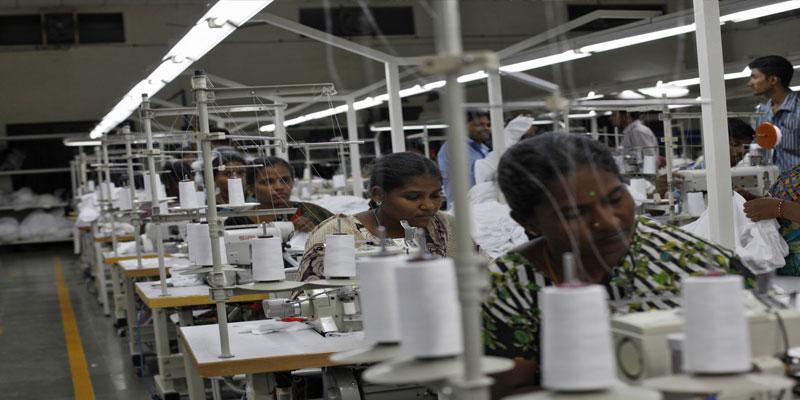Women Choosing Low-paying Jobs Closer to Home, Owing to Unsafe Public Transport: Report

Women in urban India, particularly employed in informal sector, are turning down better employment opportunities for low-pay jobs closer to home, due to unsafe public transport system, reported IndiaSpend. Citing a report from the Institute for Transportation and Development Policy (ITDP), the portal claimed that the possibility of increased chances of sexual harassment and molestation in longer journeys affects the choices of working women. The study added that safe and reliable journey contributes to women's empowerment by facilitating access to social and economic opportunities.
"Safe, comfortable, convenient and affordable transport can play an important role in not only helping meet women’s practical needs such as access to schools and markets, but also in contributing to their strategic empowerment by facilitating access to social and economic opportunities," the ITDP report said.
The new study comes with an entirely different picture on the work conditions for women amidst reports of falling labour force participation of women. The participation by women in labour has fallen down from 34.8 per cent to 27 per cent in the last two decades. A World Bank report further added that India's female labour force participation took a plunge by 19.2 million between 2004-05 and 2011-12.
Sexual harassment in public transport 'consistent'
Violence and sexual harassment of women inside public transport remains an unabated high. The report, citing a Jagori study, stated that 51 per cent of women faced harassment inside public transport, and another 42 per cent, while waiting for public transport.
The pattern remained consistent in public transport systems of other cities of the country. A study conducted by Sakhi in 2010 revealed 71 per cent of women respondents in Kerala's Kozhikode faced harassment while waiting for public transport, while 69 per cent faced it while using public transport. Similarly, in Trivandrum, over 80 per cent faced sexual harassment while either waiting for or riding public transport.
The incidents of sexual harassment are underreported in public transport and authorities tend to turn a blind eye, if the complainants reach out to them for help.
Multiple destinations within one trip
According to the report, women, in comparison with men, are likely to spend more money on their transportation for work. The report further emphasised that women are compelled to merge many destinations including markets and children's school in a single journey. Since women have outnumbered men in informal se like textiles industry, the offices are often based far away from the main business districts. It added, “In a developing country like India, women often rely on some form of public transport as their only choice of motorised transport. It is therefore important that they perceive public transport as being safe and secure.”
The report also highlighted that the centre and the state governments have failed in investing in safety in public transport despite the heinous gang rape of paramedic student on December 16, 2012 exposed their vulnerabilities.
The centre, after protests from women's organisations, had set up the Nirbhaya Fund with an initial corpus of Rs 1,000 crore to deal with such issues: to ensure women’s security and safety. However, less than 30 per cent of the fund has been utilised.
Get the latest reports & analysis with people's perspective on Protests, movements & deep analytical videos, discussions of the current affairs in your Telegram app. Subscribe to NewsClick's Telegram channel & get Real-Time updates on stories, as they get published on our website.
























